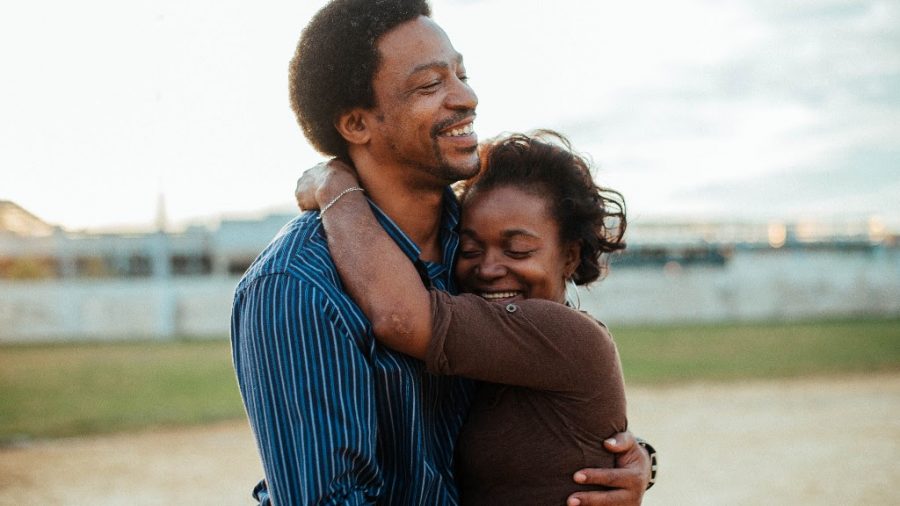On a ‘Quest’ for 9 Years
Courtesy of Susan Norget Film Promotion
Olshefski’s unique film “Quest” devotes its entirety to exploring the life of Christopher and Christine’a Rainey’s role in their Philadelphia community, as well as their desire to provide a sense of wellbeing for their children.
December 4, 2017
When Jonathan Olfshefski sought to learn more about the Rainey family, he did not realize his quest to profile them would turn into a documentary. Olshefski’s unique film “Quest” devotes its entirety to exploring the life of Christopher and Christine’a Rainey’s role in their Philadelphia community, as well as their desire to provide a sense of well-being for their children. The idea of being black in Barack Obama’s America recurs throughout the film, which Olshefski originally envisioned as a photo series. The project quickly expanded into a documentary from over 300 hours of footage shot over the course of nine years.
The Rainey family owns a recording studio that records local artists in their basement, which Chris (Quest) runs while Christine’a (“Ma Quest”) works at a homeless shelter for women and children. The documentary discusses the family’s hardships, including their oldest son William’s battle with cancer and contention with his new fatherhood. Nearly halfway through the film, the family experiences trauma when P.J., the couple’s daughter, is hit in the eye by a stray bullet one evening on her way home from playing basketball. These sequences, especially the family’s reactions to the events, are transfixing and heart wrenching.
At the start of production, Olshefski was a photographer, but as he learned more about the Rainey family and their recording studio, he decided to adapt the medium to something that would better suit their story.
This change does not detract from the beauty of the story as the editing, done by Lindsay Utz, is what really shapes this film into something magical.
Olshefski, originally from Pittsburgh, moved to Philadelphia in 2000 and became intrigued by the cultural differences between the two cities. He says in the film that he was “surprised by how segregated [Philadelphia] was, what with its stark barriers between communities of different races and ethnicities. It was a contrast to [his] experience in Pittsburgh.” Although Olshefski is white and is often questioned of his right to make a film like “Quest,” a film about a black family in the Obama era, he stands by the project and his decision to make it.
Throughout the documentary, Olshefski captures touching and tragic moments in the Rainey family: Ma Quest faces an internal struggle through both her role as a caregiver to her family and community, the family must grapple with its children’s extreme adversities, they react to Donald Trump’s rhetoric and they navigate American racism. It is the power Utz’s editing ability to string together the decade-long story so eloquently that gives the film its exquisite nature.
“Quest” opens in New York theaters on Friday, Dec. 8.
A version of this article appeared in the Monday, Dec. 4 print edition.
Email Sophie Bennett at [email protected].












































































































































